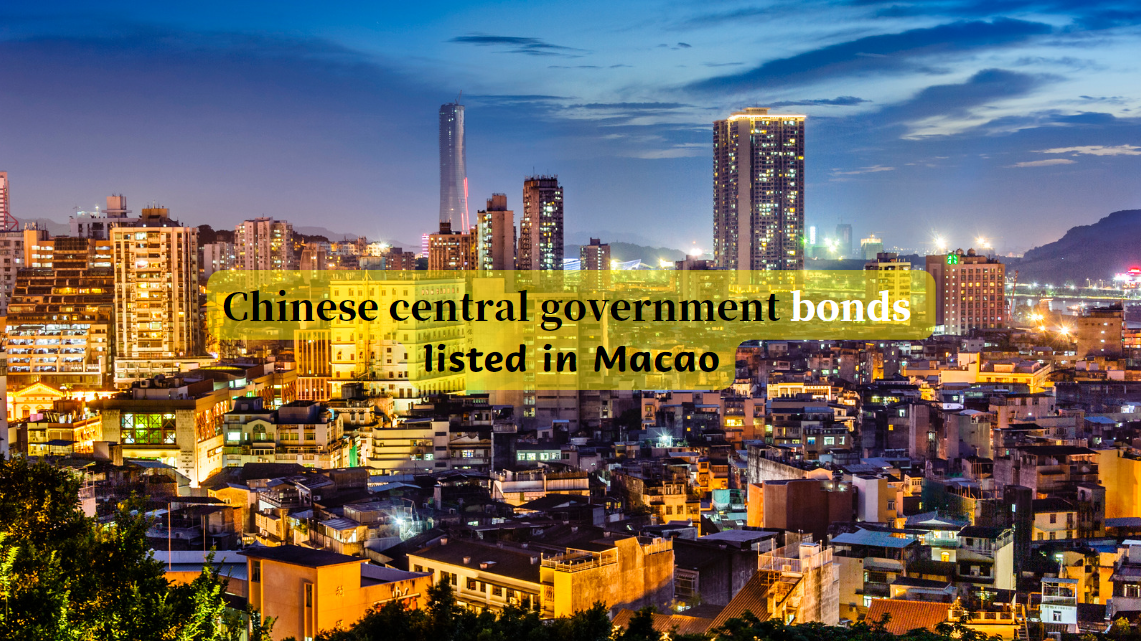Revealed in transition : The political effect of planning’s legacy
Their vulnerability to liberalization, however, varied across space. Similar to the effects identified in the “China shock” literature, we hypothesize that post-market-shock outcomes will reflect pre-market-shock structures of production. Tracking voting outcomes at the district level in Russia’s presidential elections, we document asymmetric reactions to the liberalization of markets in 1992. Electoral support for the pro-market incumbent declined most in areas with structural inheritances that made them most vulnerable to reforms. This finding sheds new light on an old debate about the importance of “initial conditions” (as opposed to policies) to the trajectories of post-communist societies.




















































First, please LoginComment After ~